Healthy eating doesn’t need to be complicated or exclusive. Making the conscious decision to remove processed food from your diet and basing your meals on natural foods will allow you to lead a healthier and happier lifestyle.
It really is that simple!
If you are someone who already bases your food intake and meals on this principle then you are already on the right path to a healthy lifestyle. Our goal now, and yours, is to help others realise this too.
There is a huge rate of obesity here in the UK and these rates aren’t decreasing. A lot of the mainstream dietary information and guidance is outdated, influenced by ‘Fake Food’ companies and in many cases not supported by evidence based science and research.
It’s not all bad news though – it doesn’t have to be this way!
We want to spread the message throughout the UK to ‘Just Eat Real Food!’ – This means eat natural and minimally processed foods and avoid processed foods!
The 5 Reasons why you should Just Eat Real Food
- You will be Healthier, Feel Better, Sleep Better & Have Clearer Skin
We know from personal experience that removing processed food from your diet works. This is because you replace processed food with natural food sources that are nutrient dense and nourish your body.
Processed foods do not fuel our bodies correctly and have negative side effects.
To help us remove processed foods from our diets we developed a 30 day reset plan, this plan eliminates all processed foods, refined sugar and some specific types of food.
Note: This is not a necessary step to removing processed foods from your diet, you can do that starting now. However the 30 day reset plan really helped us to get rid of any sugar cravings and break the emotional connection we had to certain types of food. (For me it used to be croissants and big milky coffees on the way to work most days!)
Doing a 30 day reset meant we took our bodies back to a clean slate before reintroducing certain foods – we did not reintroduce any ultra-processed food – to see how our bodies felt during and after.
For more information on what foods we eliminated and reintroduced click here.
We now eat real, natural and very minimally processed food always, see table above. Our diet is paleo on a ratio of 80/20, but we do include white potatoes, dairy, pulses (properly prepared) and some grains (wholegrain oats, authentic sourdough bread made from freshly milled wholegrain flour, occasionally quinoa/brown rice).
We have lost weight, we sleep better, have more energy, rarely have any spots, hay fever and eczema has reduced, no bloating and more confident. But don’t just take our word for it, here are few comments from other people who eat real food:
“I have become so much more aware of my body and how it reacts…it’s as if I have finally fallen into step with myself so I can now easily pick up on foods and environments that are not good for me. I really can’t go back now to how I was living. For me, this is now really just the beginning.”
Candace who did the Paleo-Britain 30 day reset plan, from The Essence of Life Blog
“I’ve made all the main dinner dishes and they have changed my way of eating. It has made me realized I can sustain this way of eating without getting hungry. The plan made me re-think my whole approach to eating and my energy levels are great.”
Jack Simpson
- Simple & Easy
Eating this way is much simpler than following the UK’s current ‘Eatwell’ Guidelines. If you follow the simple rules of just eating natural and minimally processed foods and avoiding ultra-processed foods then you no longer have to count calories (flawed advice anyway) and you don’t have to worry about deciphering packaging labels.
Packaging labels are hugely confusing, not to mention often deceiving. Take this packet of Walkers crisps as an example.
The bag is 50g. However the nutritional information on the packaging label covers 30g (one serving) and 100g sizes.
Now if 30g is one serving why even make a bag that’s 50g? The pack claims that the bag is ‘Ideal for Sharing’, why then does it not weigh 60g, which would be 2 servings or even 100g like the nutrition information given on the label?
The likely answer is that the producer wants the consumer to eat the bigger bag, probably to themselves (as let’s be honest no-one shares a small bag of crisps), while associating it with the nutritional values of the smaller portion.
Even if we choose to work it out correctly, we have to start dividing the information by half to work out the correct nutritional information for the 50g pack. Or eating 30g of the bag and saving the other 20g for later…unlikely.
Food packaging labels should be more transparent. If the bag is 50g, then the nutritional information should be for 50g.
Questions you will no longer have to ask:
- How many calories in this ready meal?
- What percentage of it is sugar?
- How many servings does this provide?
Etc, etc…
It’s hugely liberating when you can avoid this all together, by simply just eating real food.
- Suitable for Everyone & Affordable
Eating this way is suitable for everyone because you can cook to your own taste, you can make sure you are catering to your cultural or ethical dietary beliefs or any allergies or intolerances.
You can build a healthy relationship with food, choosing what foods you love and make you feel good whilst getting to know your body, knowing when you are actually full or hungry (processed foods often leave you feeling unsatisfied and craving more) and eating to your needs.
No more studying the backs of food packaging labels for ingredient lists, checking whether it contain nuts, gluten, wheat, dairy. You will know from the outset that all it includes is real, whole and natural foods that are good for you.
You can also eat to your budget, you don’t have to spend loads to just eat real food. Check out our recent post on feeding a family of 4 for £50 and under. Our sister Rosie is still at University and living on a student budget, she can buy and eat real food often for less than her other housemates, and has delicious meals, snacks and packed lunches!
- Sustainable
Eating this way is easy to implement and is also sustainable. You can start eating this way today, and continue eating this way for good because the only things you avoid are ultra-processed foods that aren’t good for you.
You can have big, tasty and delicious breakfasts, you can have healthy, sustaining lunches. You can have a big plate of nutrient dense food for dinner. Think cooked breakfasts, omelettes, porridge, stews, roasts, salads, soups, stir fry, fish pies, Bolognese and more. You name it, if it’s made with natural ingredients you can eat it.
Much more appealing and easy to stick to than some fad diet that will give you little pleasure and reward.
Plus fad dieting doesn’t work – we know from experience. When we were young we did all sorts of ‘diets’, the cabbage soup diet, juice diets, the bran flakes diet, eating only before or after certain times, fasting etc.
None of this worked because they are short term solutions to a long term problem. It’s a yo-yo effect that not only affects your health and wellbeing but is unsustainable because you are restricting foods that you will inevitably binge on when your willpower runs out.
- You’ll no longer be giving money to ‘Fake Food’ companies – many of which are unethical, unsustainable and use false advertising
‘Fake Food’ companies are those that produce processed foods, and promote them as being ‘healthy’ and/or part of a balanced diet.
Most people know that processed foods are bad for our health.
But why then do people still eat them? The answers are simple – firstly convenience and then clever marketing and advertising campaigns.
False Advertising
There are thousands of these ‘fake food’ companies and they advertise and are sold everywhere; television, internet, supermarkets, public transport, social media, sporting events etc.
We are bombarded with advertising and news stories that make us think it is okay to eat these foods and that they are often the ‘healthier’ option or completely fine to be consumed as part of a balanced diet.
A prime example of this is that MacDonald’s, Coca-Cola and Cadbury all sponsor the Olympics. Why is this? Hmm, maybe something to do with advertising their brand to the huge numbers of people who attend and watch it worldwide.
Source: http://www.statista.com/statistics/287966/olympic-games-tv-viewership-worldwide/
How is this acceptable? Especially when the money they contribute overall to the Olympics is less than 2% of its running costs!
Coca Cola stated on their website that they are proud sponsors because, “We are a business and so part of the reason for our sponsorship is to build awareness for our brands.”
Part of the reason? More like the one and only reason! As if Coca-Cola need to build brand awareness anyway. They sponsor the Olympics simply to have their brand associated with sports, health and wellbeing, even when it is anything but healthy.
These are the ingredients in Coca-Cola:
Coca-Cola Original
- Carbonated Water
- Sugar (35g a can to specific – oh but only 42calories per 100ml, calorie display is clever marketing in itself)
- Caramel Colour E150d
- Phosphoric Acid
- Natural Flavourings (ambiguous…)
- Caffeine
Coca-Cola Zero
- Carbonated Water
- Caramel Colour E150d
- Phosphoric Acid
- Sweeteners, Aspartame, Acesulfame K
- Natural Flavourings
- Caffeine
- Acidity Regulator, Sodium Citrate
- Phenylalanine
Not a list of anything we want to put in our bodies, that’s for sure.
A question of ethics
When we first started on our journey to better health we didn’t know as much as we do now about certain fake food companies in the industry. We knew the negative nutritional value of processed foods, but it wasn’t until we started to take a closer look at fake food producers that we started to realise quite how unethical many are.
We have learnt a lot about their practices, methods of production, advertising etc that to be honest was quite overwhelming! If this is something you’re interested in then there is so much information out there to look into however keep an eye out for our blog coming soon which will summarise some of the worst offending companies and why.
More Convenient – or are they?
How different would our lives be if we didn’t have convenience foods and fast food stores? How would we cope?
We would simply have to cook and prepare our own meals, and make our own packed lunches for work and school. Shocking right?
We don’t think so.
‘Food-on-the-go’ is plastered over hundreds of fast food products, and it’s hard to argue with them. MacDonald’s for example can definitely be classed as on-the-go. Most stores have ‘Drive through’ areas, where you don’t even have to get out your car to get the food order. And many now have express tills, you can literally have your food in under 5 minutes. You order your ‘food’ on a touch screen machine and minutes later, ‘Hey presto!’ Your order number is called, and the food is served.
We can’t argue that this is convenient and we understand that people choose fast food because our pace of life is also fast and demanding. But fast food is no more convenient than cooking and preparing natural and real food at home to take to work, school or ‘on-the-go’.
We have a 3 ingredient breakfast bar and overnight oats recipe that take a few minutes to prepare and are easy to have as a quick breakfast before or on the way to work. Plus lots of simple recipes/meals that don’t require lots of preparation and are made with just a few ingredients.
[yellowbox]Click here to download 4 super-easy, real food recipes containing 5 ingredients or less[/yellowbox]
So what does a plate of food look like when you Just Eat Real Food?
Here are some photos of some of our plates of food, they are made from nutrient dense foods and are a reflection of what we love to eat. They are only added as an example of plates of food you can make when you just eat real food. Everyone is individual and has different likes, nutritional needs and so your plate may look similar or a little different to this.
A note from others
Here are some comments from others who work in and have an interest in health, wellbeing and agree that we should just eat real food.
Gemma Dawkins, Owner of Health Revolution in Jersey, Channel Islands
“When you understand food as fuel and develop a positive relationship with food, eating well doesn’t have to be complicated because you will want to fuel your body the way it deserves to be fuelled the majority of the time.”
Carl Wilkinson, Owner of Primalbody Personal Training and co-owner of HIIT Hard Bootcamp
“I have been into sport and fitness since I was a kid, I play football, scuba dive and I’m now a fully qualified Personal Trainer. The simplest way to get the results you want with your fitness and weight loss goals is to avoid processed foods and ‘just eat real food’ – natural foods. I tell all my clients this as there is no need for certain restrictions in your diet unless specific health issues require it.”
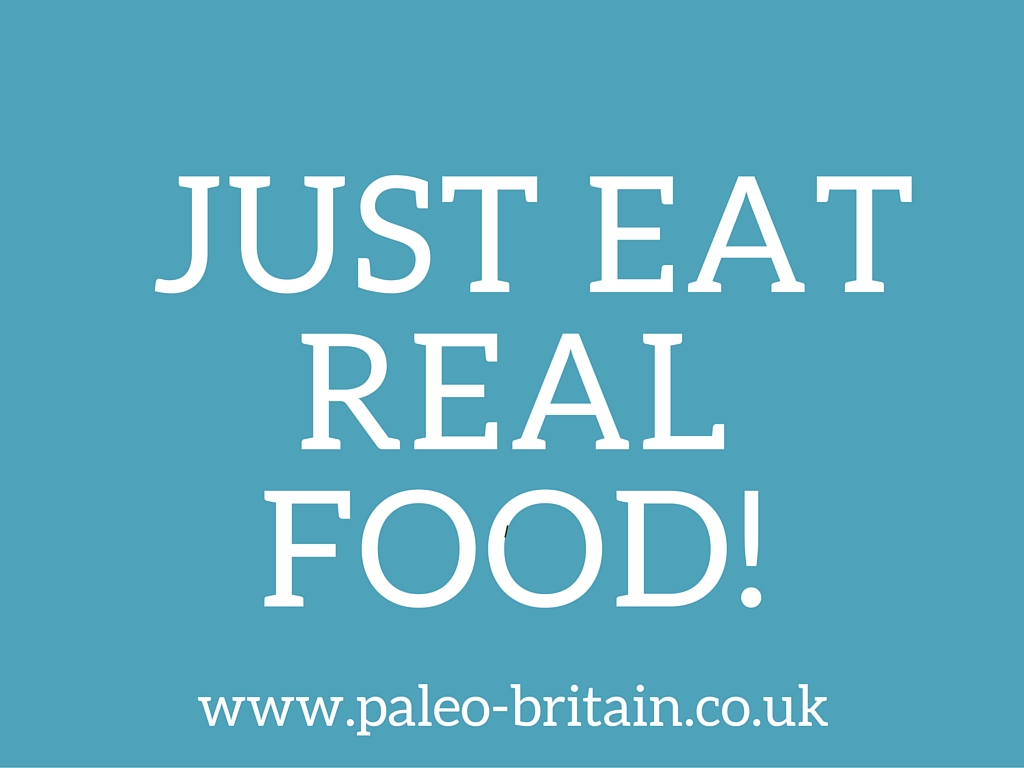
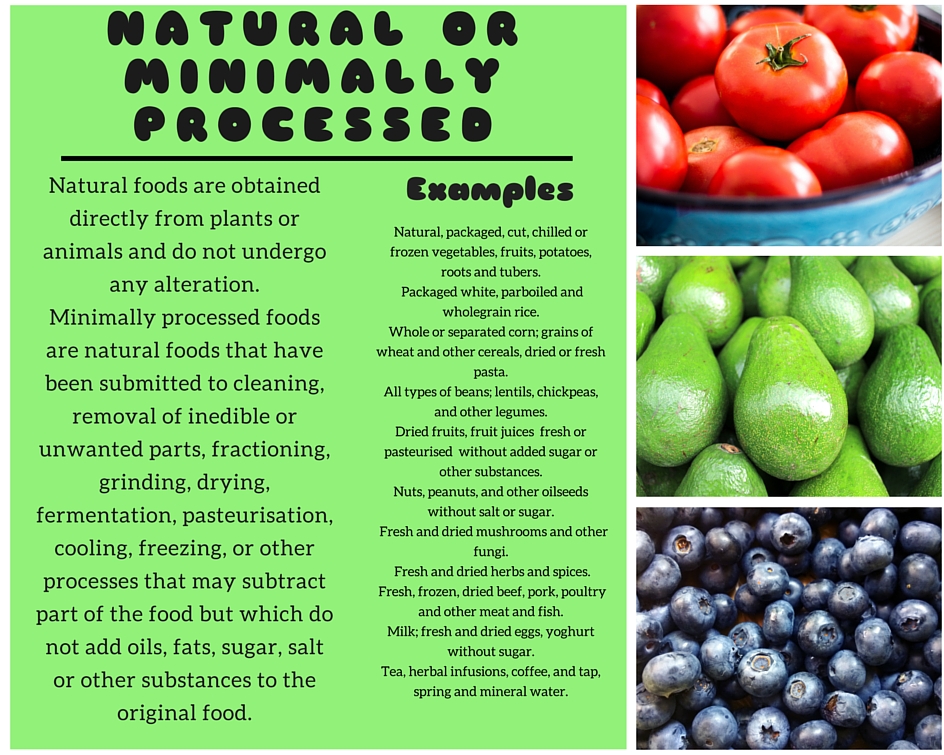
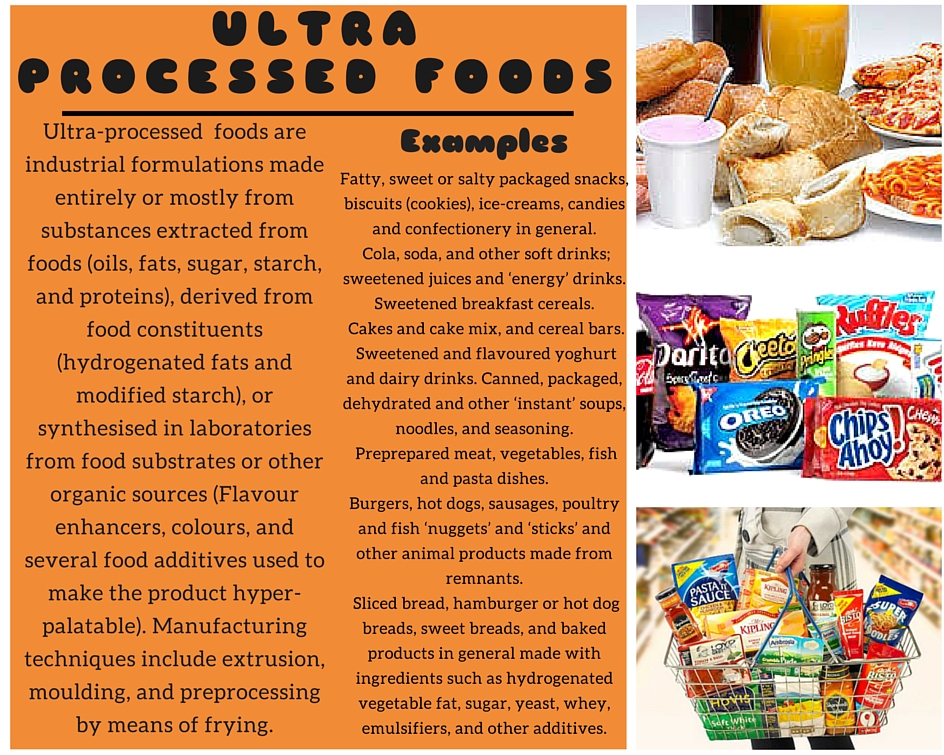
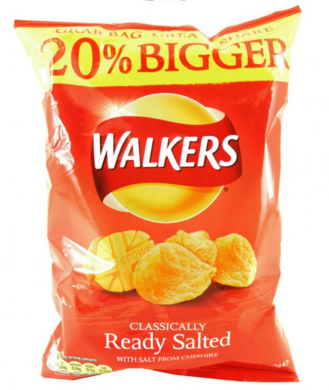
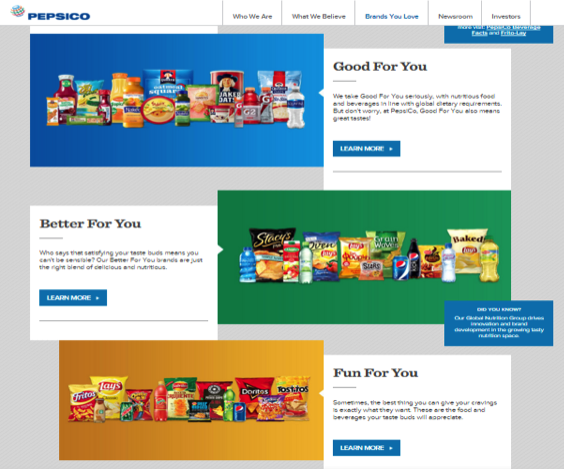
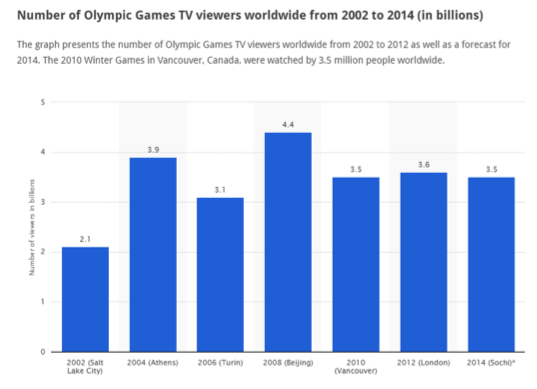
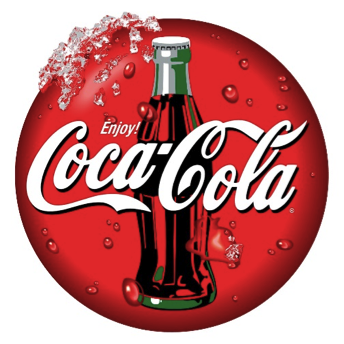
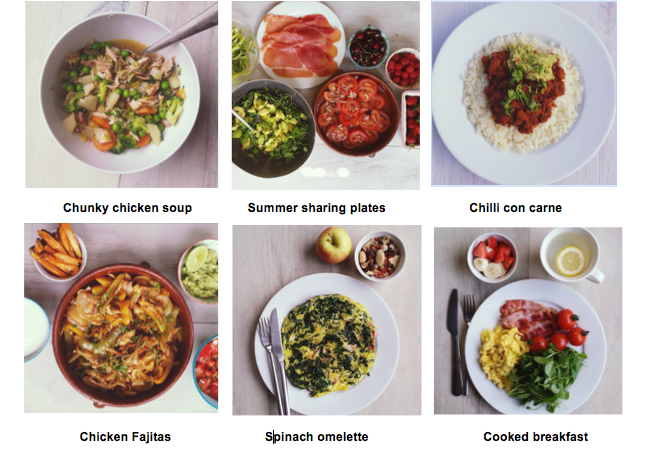



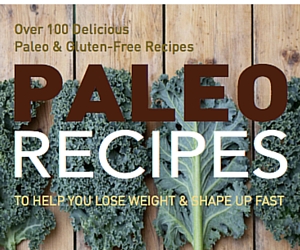
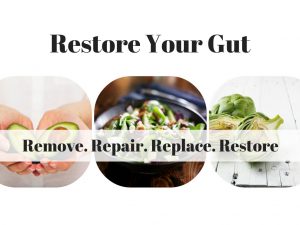
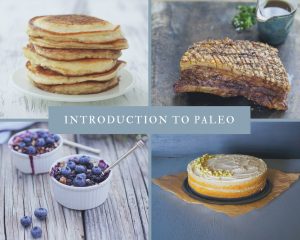
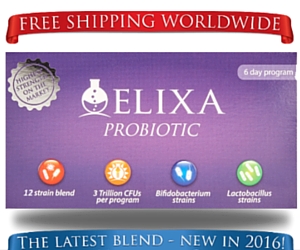
1 thought on “5 Reasons You Should Just Eat Real Food”
You must be logged in to post a comment.